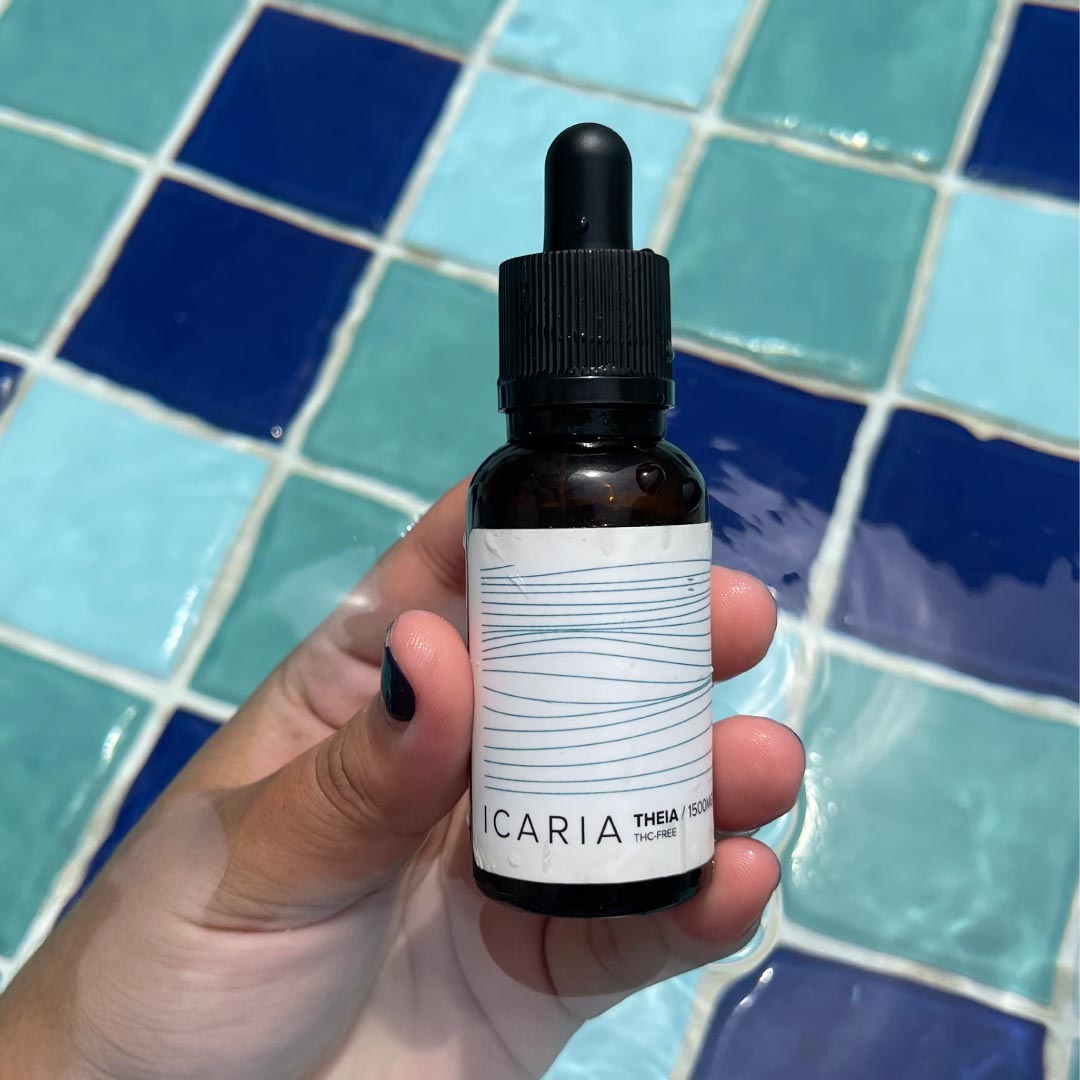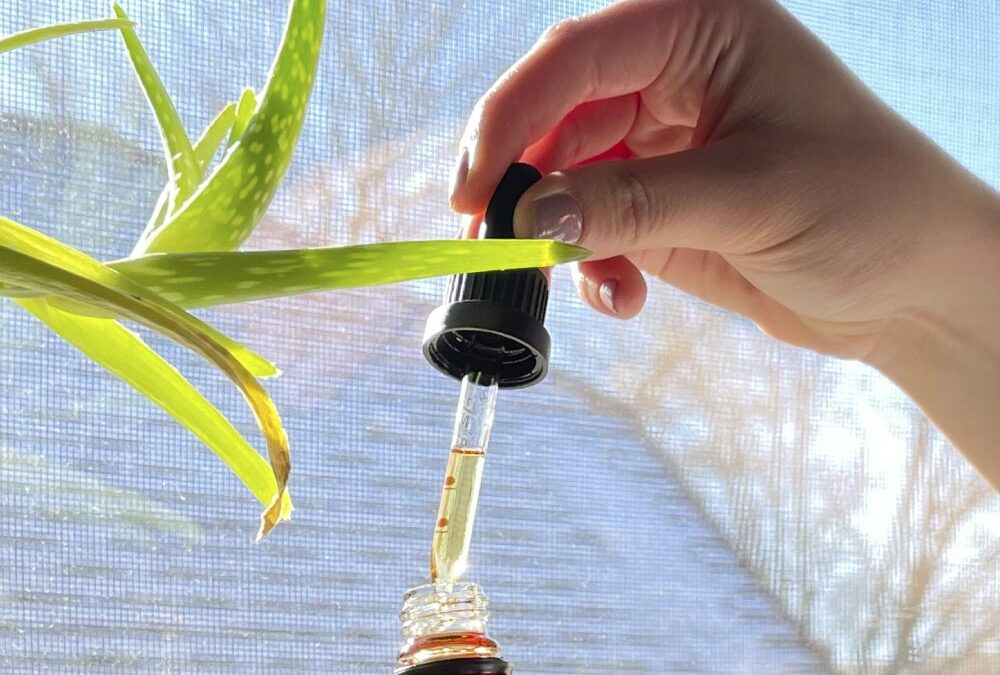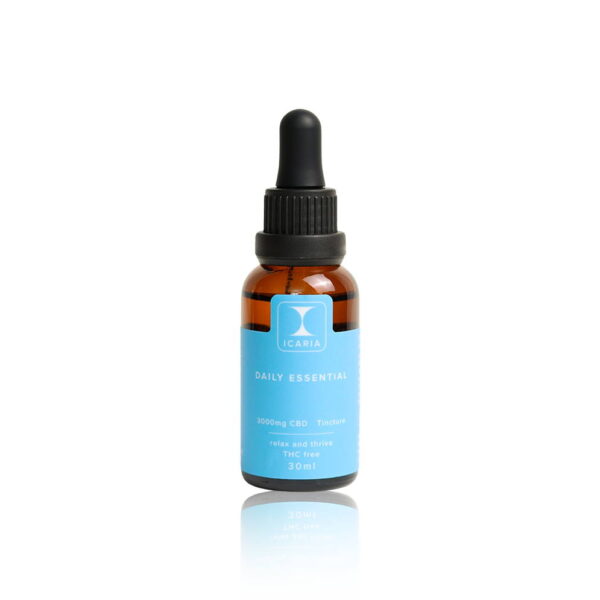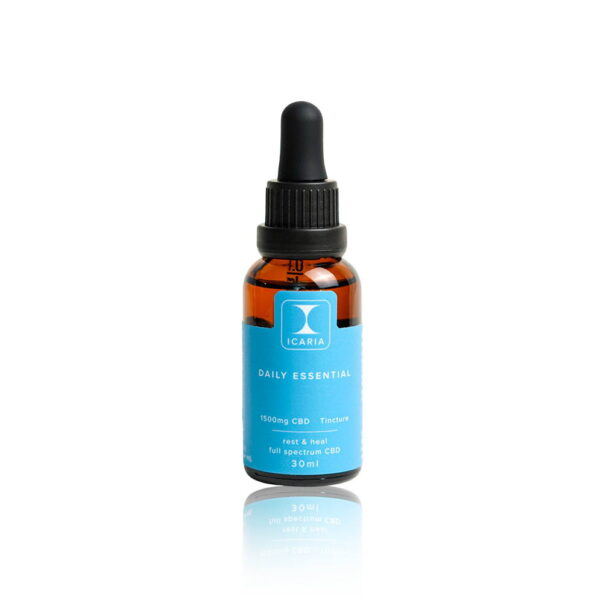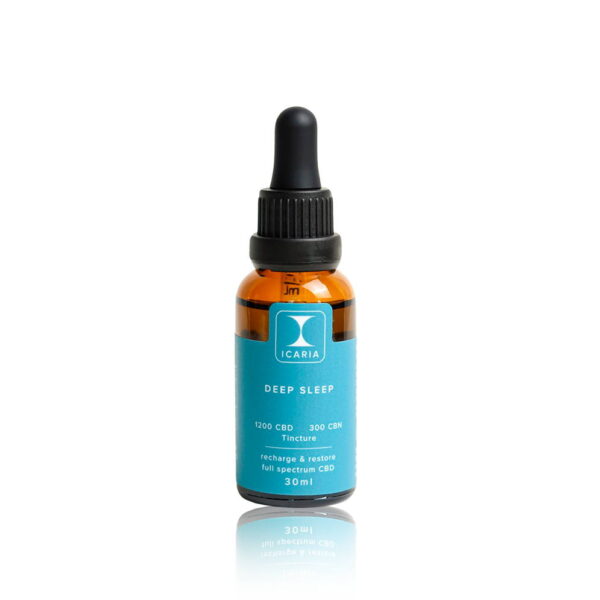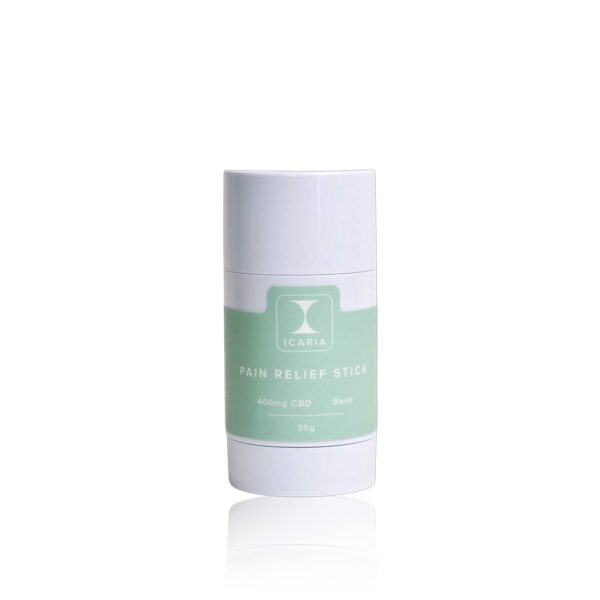Cannabidiol, or CBD, is a non-intoxicating compound found in cannabis plants that has been gaining popularity in recent years for its potential health benefits. CBD oil is a product made from CBD extract that is mixed with carrier oil, such as coconut or hemp seed oil. In this blog post, we will explore what CBD oil is, how it works in the body and some of the potential benefits and risks of using it.
What is CBD Oil?
CBD oil is a product made from the extract of the cannabis plant that contains high levels of CBD and low levels of THC. THC is the psychoactive compound in cannabis that causes a “high,” but CBD does not have this effect. CBD oil is typically mixed with a carrier oil, such as coconut or hemp seed oil, to make it easier to consume and to improve its bioavailability.
CBD oil can be extracted from both marijuana and hemp plants. Marijuana plants contain high levels of THC and lower levels of CBD, while hemp plants contain high levels of CBD and lower levels of THC. CBD oil made from hemp plants is legal in many countries and has been shown to have numerous potential health benefits.
How Does CBD Oil Work in the Body?
CBD works in the body by interacting with the endocannabinoid system (ECS), which is a complex network of receptors and neurotransmitters that regulates many physiological processes, such as appetite, mood, sleep, and pain sensation. The ECS is involved in maintaining homeostasis, or balance, in the body.
CBD interacts with two main types of receptors in the ECS: CB1 receptors, which are primarily found in the brain and nervous system, and CB2 receptors, which are primarily found in immune cells and peripheral tissues. CBD does not bind directly to these receptors as THC does, but instead modulates their activity in various ways.
For example, CBD has been shown to inhibit the breakdown of anandamide, an endocannabinoid that is known as the “bliss molecule” because it can induce feelings of happiness and well-being. By inhibiting anandamide breakdown, CBD can increase the levels of this molecule in the body, leading to increased feelings of happiness and relaxation.
CBD also interacts with other receptors and neurotransmitters in the body, such as serotonin receptors and GABA receptors, which are involved in mood regulation and anxiety reduction. CBD has been shown to have anxiolytic, or anxiety-reducing, effects in both animals and humans.
Potential Benefits of Using CBD Oil
CBD oil has been the subject of numerous studies in recent years, and it has been shown to have numerous potential health benefits. Here are some of the most common uses of CBD oil:
- CBD for Pain Relief: CBD has been shown to have analgesic, or pain-relieving, effects in both animals and humans. It may be useful for treating chronic pain conditions, such as arthritis and neuropathic pain.
- CBD for Anxiety and Depression: CBD has been shown to have anxiolytic, or anxiety-reducing, effects in both animals and humans. It may be useful for treating anxiety and depression, as well as other mood disorders.
- CBD for Epilepsy: CBD has been approved by the FDA for the treatment of two rare forms of epilepsy: Dravet syndrome and Lennox-Gastaut syndrome.
- CBD for Neuroprotective Effects: CBD has been shown to have neuroprotective effects, meaning that it may be useful for protecting the brain from damage caused by neurodegenerative diseases, such as Alzheimer’s and Parkinson’s.
- CBD for Acne: CBD has been shown to have anti-inflammatory effects and may be useful for reducing signs of acne.
- CBD for Insomnia: CBD has been shown to have calming effects and may be useful for helping with insomnia and other sleep disorders.
Risks and Side Effects of Using CBD Oil
While CBD oil has numerous potential health benefits, it is important to note that it may also have some risks and side effects. Here are some of the most common side effects of using CBD oil:
- Dry Mouth: CBD can reduce saliva production, which can lead to a dry mouth.
- Drowsiness: CBD can have sedative effects and may make you feel drowsy or sleepy.
- Changes in Appetite: CBD can affect appetite in different ways. It may increase or decrease appetite depending on the person.
- Diarrhea: CBD can cause diarrhea in some people.
- Interactions with Medications: CBD can interact with certain medications, including blood thinners and anticonvulsants. If you are taking any medications, it is important to consult with your doctor before using CBD oil.
- Quality Control: The quality and purity of CBD oil can vary widely depending on the manufacturer. It is important to buy CBD oil from a reputable source and to read the label carefully to ensure that it contains the amount of CBD advertised.
How to Use CBD Oil
There are numerous ways in which you can use CBD oil:
- Sublingual: CBD oil can be placed under the tongue and absorbed through the mucous membranes.
- Topical: CBD oil can be applied topically to the skin for localized relief.
- Inhalation: CBD oil can be inhaled using a vaporizer or e-cigarette.
- Edibles: CBD oil can be added to food or drinks, such as smoothies or coffee.
The optimal dosage of CBD oil can vary depending on the individual and the condition being treated. It is important to start with a low dosage and to gradually increase it until you achieve the desired effect.
Conclusion
CBD oil is a product made from the extract of the cannabis plant that contains high levels of CBD and low levels of THC. It works by interacting with the endocannabinoid system in the body, which regulates many physiological processes, such as appetite, mood, sleep, and pain sensation. CBD oil has been shown to have numerous potential health benefits, including pain relief, anxiety and depression relief, epilepsy treatment, neuroprotective effects, acne treatment, and insomnia treatment.
However, it is important to note that CBD oil may also have some risks and side effects, including dry mouth, drowsiness, changes in appetite, diarrhea, interactions with medications, and quality control issues. Before using CBD oil, it is important to consult with your doctor and to research the laws in your country.
